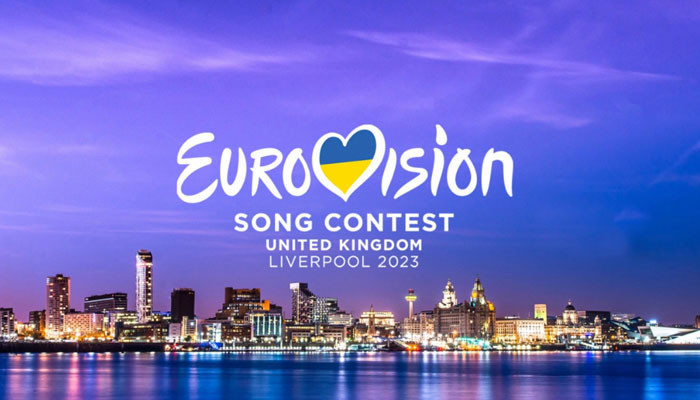Eurovision 2023: Shock changes to voting system announced for next year's competition
 Shock changes have been announced to the way Eurovision’s winners will be picked in 2023. Next year’s Eurovision Song Contest will see the semi-final qualifiers decided by public-only voting, with voting open to those all over the world rather than just participating nations as before. The move is aimed to acknowledge the global interest in the contest and keep the format fresh. According to the EBU announcement, the three big changes to the Eurovision 2023 voting system are as follows: Viewer votes will decide countries qualifying from Semi-Finals. "Throughout its 67-year history the Eurovision Song Contest has constantly evolved to remain relevant and exciting,” said Martin Österdahl, the Eurovision Song Contest’s Executive Supervisor. “These changes acknowledge the immense popularity of the show by giving more power to the audience of the world’s largest live music event." Why is Eurovision in the UK this year? Although Ukraine’s Kalush Orchestra came out on top in this year’s contest, it was decided that Ukraine remains too unsafe for the event to be held there. However, the ceremony will pay homage to Ukraine and Ukrainian culture amid the ongoing invasion of the country by Russia. “It is a matter of great regret that our colleagues and friends in Ukraine are not able to host the 2023 Eurovision Song Contest,” director general of the BBC, Tim Davie, said at the time. “The BBC is committed to making the event a true reflection of Ukrainian culture alongside showcasing the diversity of British music and creativity.” The British Broadcasting Corporation has hosted the event eight times, more than any other European broadcaster. |

The most striking looks from the Grammys red carpet (video)
69802.02.2026, 16:49
All the winners at the 2026 Grammy Awards
61802.02.2026, 13:18
Valentino Garavani has died: cause of death and net worth of the famous fashion designer
83419.01.2026, 23:05
Beyoncé Is Now A Billionaire: Forbes
104529.12.2025, 20:01
Enrique Iglesias and Anna Kournikova Welcome Baby No. 4
99323.12.2025, 14:23
''Pulp Fiction'', ''The Mask'' actor Peter Greene found dead at 60 inside his NYC apartment
127913.12.2025, 12:29
